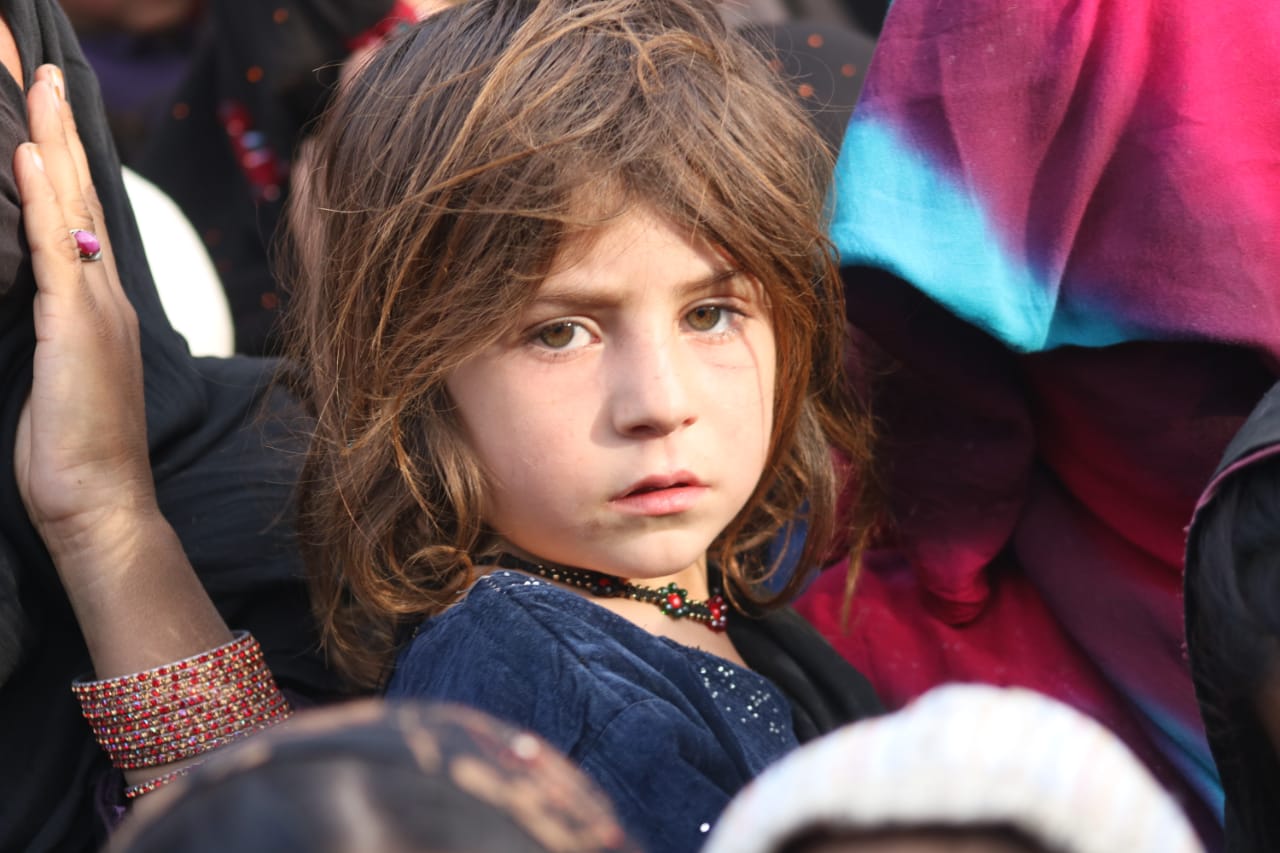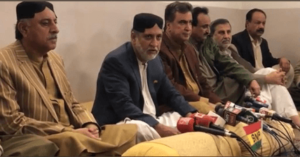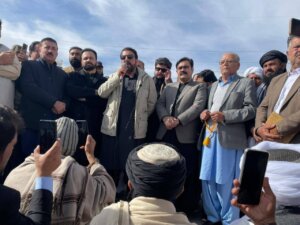By Attiq Durrani:
Afghan Migration to Pakistan Pakistan hosts approximately three million Afghans. The migration of Afghans to Pakistan has been primarily triggered by significant political upheavals in Afghanistan, particularly the Soviet Union’s invasion in the late 1970s. Historically, there has been movement across the border due to shared ethno-linguistic groups such as Pashtuns, Hazaras, and Gujjars. The border region, inherited by Pakistan in 1947, has remained fluid, facilitating population flows. However, it was only with the Soviet invasion that millions of Afghans sought refuge in Pakistan.
The Afghan Population in Pakistan Since the 1970s, Pakistan has hosted over eight million Afghans, with many returning to Afghanistan or migrating elsewhere. Today, three million Afghans remain in Pakistan: 1.4 million are registered refugees, and 1.0-1.5 million are undocumented. A 2011 survey revealed that 74 percent of Afghans in Pakistan were born there and are, in a sociological sense, Pakistani.
Among the registered refugees, 56 percent are male and 44 percent are female, with children comprising 50 percent of the population. Overall, 72 percent of Afghans in Pakistan are women and children. The majority (85 percent) of the registered Afghan refugees are of Pashtun origin, with other ethnic groups such as Tajiks, Uzbeks, Turkmens, and Hazaras also present.
About 32 percent of registered Afghans live in refugee camps, while 68 percent reside in urban areas, often in informal settlements with limited access to basic necessities and security. However, living conditions in refugee camps are also challenging due to reduced international funding and the closure of some camps.
Pakistan has played a significant role in supporting Afghan refugees for decades.






